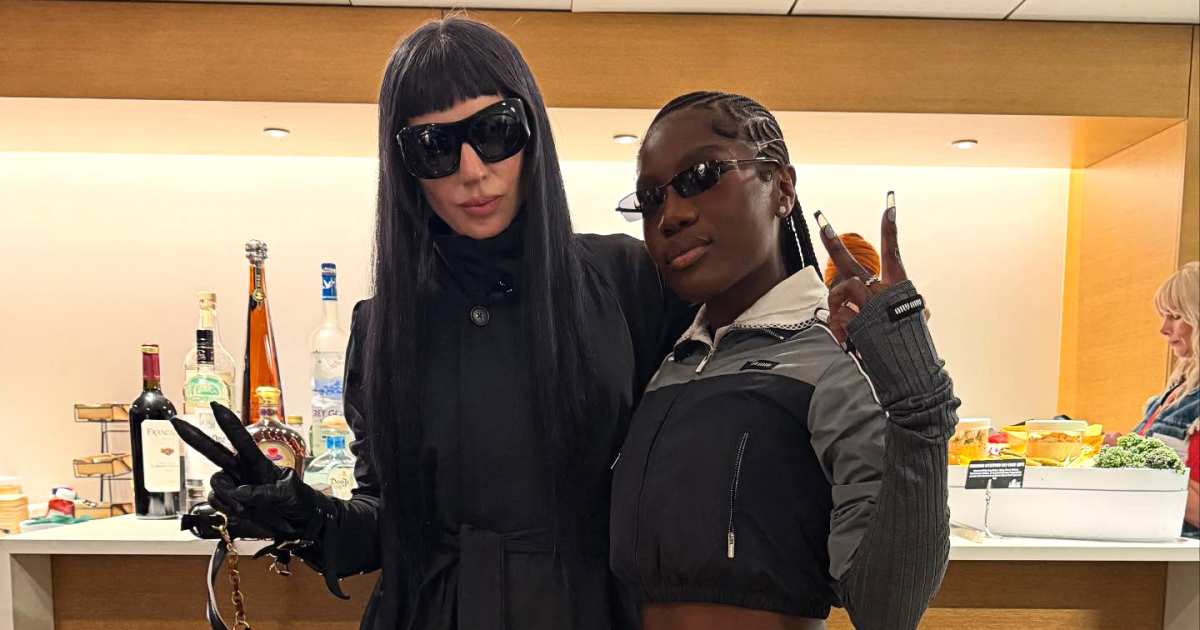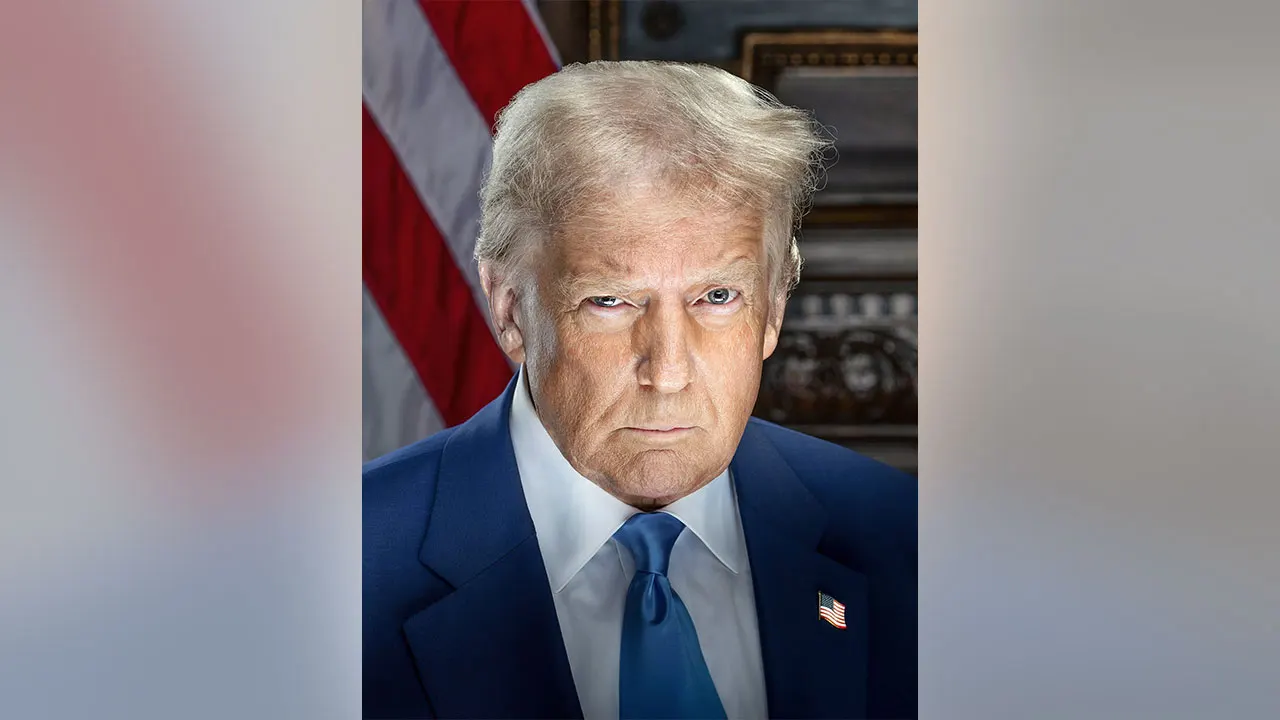United States
Georgia school shooting suspect’s father granted bond as victims share emotional statements in court

In a deeply tragic and troubling case, a Georgia judge recently granted bond to the father of a young suspect accused of carrying out a devastating school shooting. On September 4, 2024, 14-year-old Colt Gray allegedly opened fire inside Apalachee High School, resulting in the deaths of two teachers and two other 14-year-old students. The shooting has sent shockwaves through the community, raising questions about accountability, gun safety, and the role of parents in such tragedies. Colt has pleaded not guilty to 55 criminal charges, including 25 counts of aggravated assault, while his 54-year-old father, Colin Gray, faces 29 charges of his own. Colin is accused of purchasing the AR-15-style firearm that his son allegedly used in the shooting. The judge set Colin Gray’s bond at $500,000, requiring him to pay $50,000 in cash for his release. This case has drawn widespread attention, not only for its harrowing details but also for its legal implications, as it highlights the growing trend of holding parents criminally responsible for their children’s actions.
Prosecutors initially requested a $1 million bond for Colin Gray, arguing that he posed a significant threat to public safety and to his own family. Court documents revealed that Colin Gray had moved between seven different residences over the past five years with his son, suggesting a pattern of instability. Prosecutors also expressed concerns that if Colin were released, he could intimidate or harm his wife and other children, whom the state plans to call as witnesses in the trial. Despite these concerns, Colin Gray’s attorney, Brian Hobbs, argued that his client was not a danger to the community. Hobbs’ arguments were sufficient to persuade the judge to set the bond at $500,000, though the outcome of the case remains uncertain. This legal battle underscored the complexities of assigning blame in such cases, especially when it involves a parent’s responsibility for their child’s violent actions.
During the bond hearing, the court heard emotional impact statements from the victims’ families, who shared heartbreaking accounts of the shooting’s aftermath. Jerry McIlhenny, the grandfather of 14-year-old victim Taylor Jones, spoke about the profound impact the shooting has had on his granddaughter’s life. Taylor survived the attack but continues to suffer from her injuries, including a bullet wound that left an iron rod in her leg. “You’ve taken her childhood away from her,” McIlhenny said, addressing Colt Gray. “She’s 14!” His words captured the anguish and outrage felt by many in the community. Similarly, Breanna Schermerhorn, the mother of 14-year-old victim Mason Schermerhorn, testified about the unbearable pain of losing her son. “He was an amazing son and brother,” she said, her voice trembling with grief. Schermerhorn also directed her words to Colin Gray, saying, “You should have no influence going forward on any child.” These statements served as a poignant reminder of the irreplaceable lives lost and the families forever changed by the tragedy.
The case has also brought to light the broader issue of parental responsibility in cases of gun violence. Georgia is one of 42 states in the U.S. that holds parents criminally liable for their children’s actions under certain circumstances. This legal framework has gained increasing attention in recent years, particularly in the wake of school shootings. A notable precedent was set in Michigan last year, where the parents of Oxford High School shooter Ethan Crumbley were sentenced to 10 to 15 years in prison for their role in their son’s crime. Jennifer and James Crumbley were found guilty of involuntary manslaughter after it was determined that they had failed to secure the firearm used in the shooting and had ignored warning signs of their son’s deteriorating mental health. Their trial marked a historic moment in U.S. legal history, as they became the first parents of a school shooter to be tried and convicted. This case has set a precedent, signaling that courts are increasingly willing to hold parents accountable when their actions—or inactions—contribute to such tragedies.
Colin Gray’s case is now part of this growing conversation about parental responsibility. Prosecutors argue that Colin Gray bears direct responsibility for the shooting because he allegedly purchased the firearm used by his son. They contend that his actions were reckless and negligent, especially given any prior knowledge of his son’s potential threats. On the other hand, Colin Gray’s defense team maintains that he is innocent and that the charges against him are unfounded. As the case progresses, it will likely delve into questions about whether Colin Gray had any knowledge of his son’s intentions and whether he took adequate steps to prevent the tragedy. These questions will be critical in determining whether he bears legal culpability for the deaths and injuries resulting from the shooting.
The release of body camera footage from a 2023 interview with Colin Gray has further fueled the debate. The footage, which has not been made public, reportedly shows Colin Gray interacting with law enforcement in an unrelated matter. While its contents remain unclear, the existence of this footage suggests that authorities had some prior interaction with the Gray family. This has raised questions about whether there were missed opportunities to intervene before the shooting occurred. Furthermore, reports indicate that Colt Gray had been on the FBI’s radar since 2023 due to concerning online remarks. These revelations have sparked outrage and frustration, with many wondering how such a tragedy could have occurred despite apparent warning signs.
As the community grapples with the aftermath of this senseless violence, the legal proceedings will undoubtedly continue to draw national attention. The case of Colt and Colin Gray serves as a stark reminder of the devastating consequences of gun violence and the complexities of assigning blame in such cases. It also highlights the urgent need for a broader conversation about mental health, gun safety, and the role of parents in preventing such tragedies. While justice for the victims and their families remains the primary focus, the case also raises important questions about how society can work to prevent similar incidents in the future. In the words of Breanna Schermerhorn, “You should have no influence going forward on any child,” a sentiment that echoes the hopes of many for accountability and change.
-

 Money3 days ago
Money3 days agoConsumer Financial Protection Bureau Adds Error Message To Home Page
-

 Australia19 hours ago
Australia19 hours agoTropical Cyclone Zelia intensifies to category 2 storm
-

 Asia20 hours ago
Asia20 hours agoWhat you need to know about 2024 YR4, the asteroid that could hit Earth in about eight years’ time
-

 Entertainment12 hours ago
Entertainment12 hours agoPrince Harry and Meghan Markle’s Best Moments and Photos From the 2025 Invictus Games
-

 Money2 days ago
Money2 days agoWinning Content Strategies For Wealth Managers
-

 Politics20 hours ago
Politics20 hours agoDozens of religious groups sue to stop Trump admin from arresting migrants in places of worship
-

 Entertainment3 days ago
Entertainment3 days agoEvery Celebrity Who Attended the 2025 Super Bowl: A Guide to the A-Listers at the Big Game
-

 United States2 days ago
United States2 days agoJudge extends restraining order to ban Trump admin buyout offer to federal workers
















